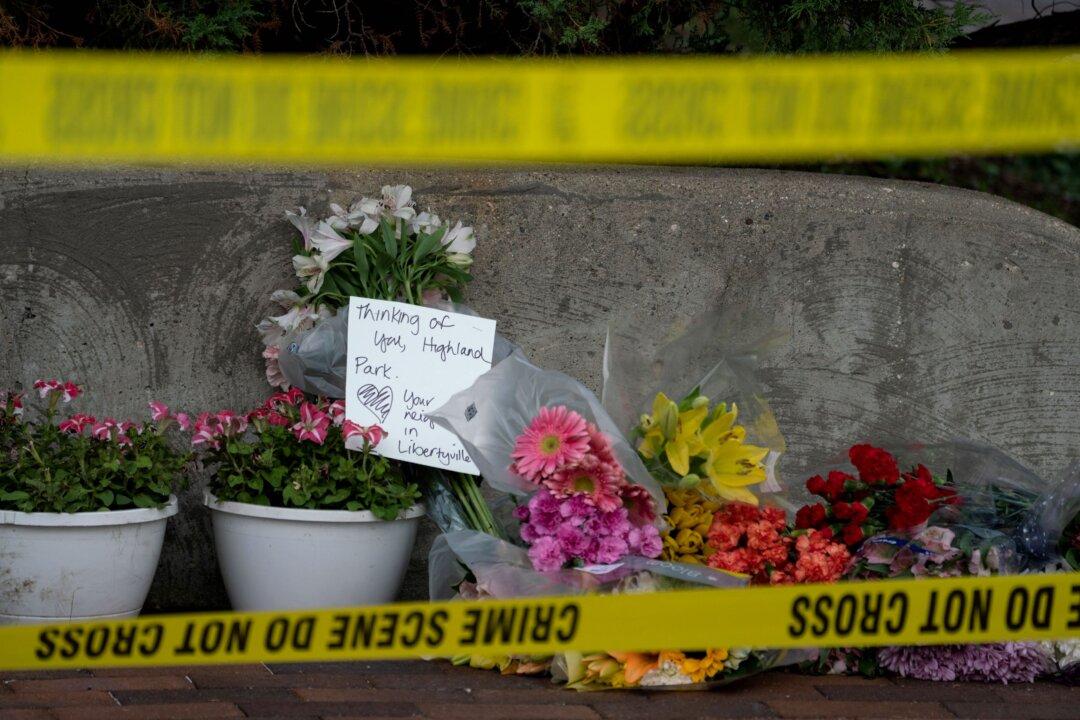Commentary
The Highland Park massacre near Chicago is the latest horrific chapter in a long and evil story. Some want you to believe it’s a story about why we need gun control. The truth is that it’s a story about letting the insane out of the asylums—and it suggests that gun control laws, including much-hyped “red flag” provisions, simply don’t and will never work.





